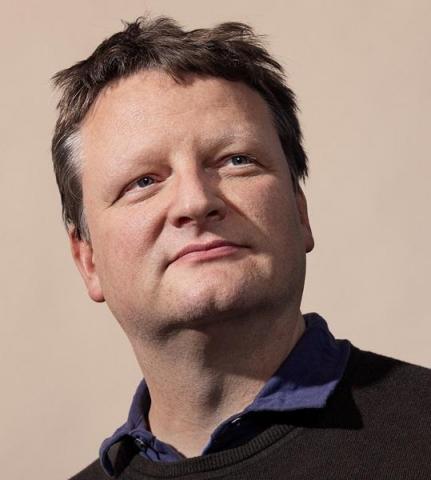About the project
Distributing entanglement across multiple remote atomic-based nodes will form the future quantum internet, enabling transformative and disruptive technologies across computing and communications.
Quantum optical memories – devices that store and recall quantum photonic states on-demand – are devices that enable entanglement synchronisation across the network and are therefore of critical importance for large scaling of the future quantum internet. This PhD project, in the Hybrid Quantum Networks Laboratory of Dr Patrick M Ledingham at the University of Southampton, concerns the development of such an optical memory with solid-state platforms.
The aim of this project is to build a quantum optical memory capable of efficient storage and recall of broadband single photons, by mapping them into and out of atomic ensembles, in a way that is compatible with high-speed telecommunication networks. You will develop integrated quantum memories with a novel approach combining the integrability of silicon nitride photonic circuits [1] and the long-lived storage times of rare-earth ion doped crystals [2]. You will use protocols and techniques such as the atomic frequency comb memory [3] and off-resonant cascaded absorption memory [4], the latter that has recently shown to be a completely noise-free quantum memory. The ultimate goal is to demonstrate an efficient interface between the optical memories and single photons emitted from world-leading quantum dot sources [5].
This project opens the possibility for you to explore and exploit quantum phenomena, enabling you to develop experimental skills in laser spectroscopy, quantum and non-linear optics, cryogenics, RF electronics, data analysis and control programming. Having background knowledge in areas related to atomic physics, solid-state physics and quantum optics would be beneficial for this project.
You will present your original work at national and international conferences, and you will engage actively with our external collaborators including industrial partners ORCA Computing (London, UK) and Quandela (Paris, France), and research partners IFN-CNR (Milan, Italy). This project is backed by a newly funded UKRI Future Leaders Fellowship – ‘A High Performance Light-Matter Quantum Network’.
[1] D Thomson, et al., “Roadmap on silicon photonics”, J. Opt. 18 073003 (2016)
[2] H de Riedmatten and M Afzelius, “Quantum Light Storage in Solid State Atomic Ensembles”, Engineering the Atom-Photon Interaction, pp.241–273 (2015)
[3] A Seri, et al., “Quantum Correlations between Single Telecom Photons and a Multimode On-Demand Solid-State Quantum Memory”, Phys. Rev. X 7, 021028 (2017).
[4] K Kaczmarek, et al., “High-speed noise-free optical quantum memory”, Phys. Rev. A 97, 042316 (2018).
[5] Lucas Schweickert, et al., “On-demand generation of background-free single photons from a solid-state source”, Appl. Phys. Lett. 112, 093106 (2018)
